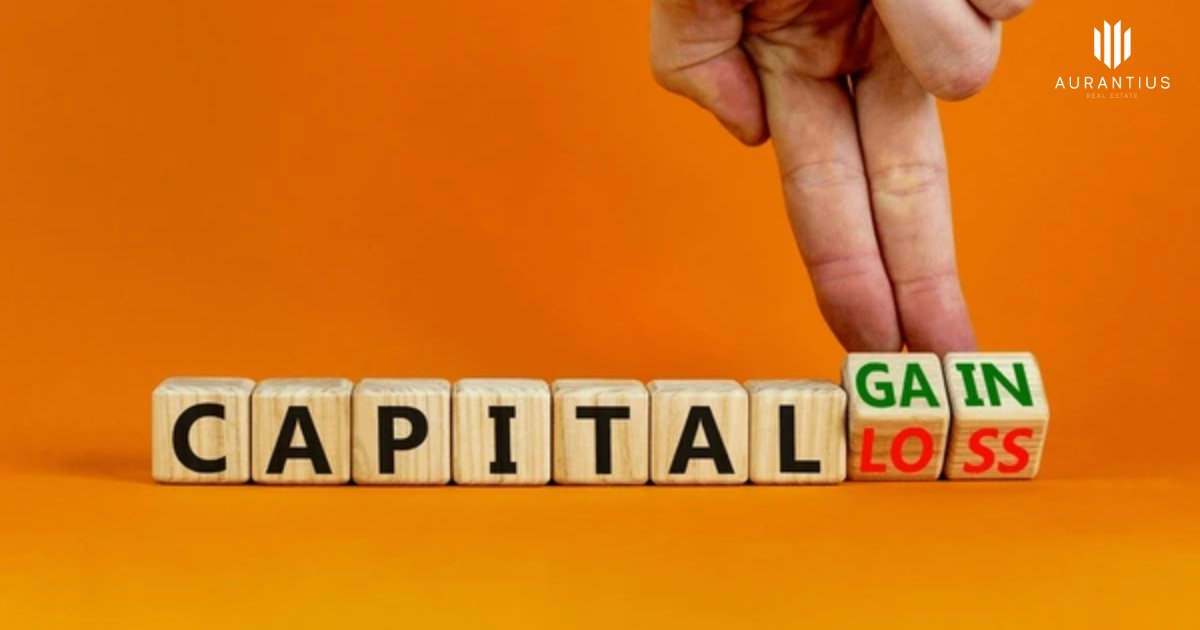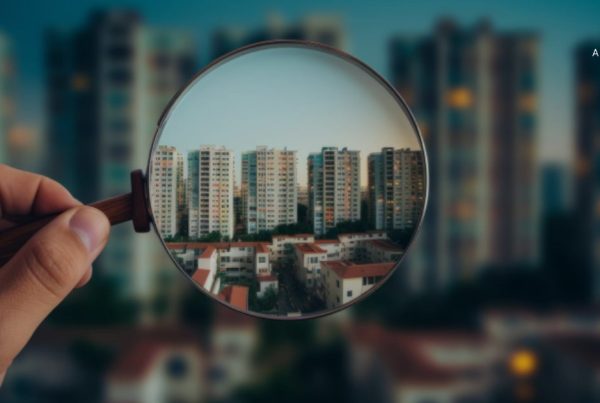Understanding Capital Gain, Capital Loss, Appreciation, and Depreciation in Dubai Real Estate
When buying or selling property in Dubai, it’s essential to understand the financial terms that directly affect your investment performance — namely, capital gain, capital loss, capital appreciation, and capital depreciation. These concepts define how profits and losses are calculated, influencing how investors evaluate opportunities in one of the world’s most dynamic real estate markets.
Dubai’s property sector continues to evolve, driven by international demand, infrastructure growth, and government-backed investor initiatives. Whether you’re purchasing an apartment in Dubai Marina, a villa in Dubai Hills Estate, or a mixed-use unit in Business Bay, understanding these financial fundamentals can help you make informed investment decisions.
What Is Capital Gain?
A capital gain occurs when you sell your property at a higher price than the total cost you paid to acquire it. This includes your purchase price plus all associated closing costs, such as DLD registration, broker commissions, and legal fees.
Example:
• Purchase price: AED 2,000,000 (Downtown Dubai apartment)
• Fees and registration: AED 100,000
• Total cost basis: AED 2,100,000
• Sale price: AED 2,500,000
Result: AED 400,000 capital gain.
This AED 400,000 represents your realized profit upon sale. In Dubai, investors enjoy a significant advantage—there is no capital gains tax, allowing the entire profit to be retained.
What Is Capital Loss?
A capital loss happens when you sell a property for less than your original cost basis. While Dubai does not allow tax deductions for such losses, understanding them is vital for tracking investment performance and portfolio balance.
Example:
• Purchase cost: AED 2,100,000 (including fees)
• Sale price: AED 1,950,000
Result: AED 150,000 capital loss.
Capital losses can occur due to market corrections, oversupply in specific areas, or changes in buyer demand. Though not tax-deductible, tracking these helps investors adjust their long-term strategies and diversify future acquisitions.
What Is Capital Appreciation?
Capital appreciation refers to the increase in your property’s market value over time, even if you haven’t sold it yet. It’s a key indicator of asset growth and long-term wealth creation.
Example:
• Purchased a one-bedroom apartment in Business Bay in 2019 for AED 1,200,000.
• Market value in 2025: AED 1,800,000.
Result: AED 600,000 capital appreciation.
Investors in established areas like Downtown Dubai and Dubai Marina have historically seen strong appreciation due to infrastructure projects, waterfront lifestyle demand, and limited supply. Appreciation often reflects market confidence, proximity to business districts, and brand association with leading developers such as Emaar and Nakheel.
What Is Capital Depreciation?
Capital depreciation is the opposite of appreciation — a decline in the property’s value compared to its original purchase price. Depreciation can occur for several reasons, including oversupply, poor maintenance, or changing community desirability.
Example:
• Purchased a villa in 2015 for AED 4,000,000.
• Market value in 2020: AED 3,500,000.
Result: AED 500,000 capital depreciation.
Communities experiencing excess inventory or limited upgrades can face short-term depreciation. However, locations benefiting from new infrastructure—such as the Etihad Rail connection or proximity to hubs like Al Furjan and Dubai South—often recover faster, creating new appreciation cycles.
Quick Comparison Overview
To simplify, here’s how these concepts relate to each other:
Capital Gain: Profit realized upon selling.
Capital Loss: Loss realized upon selling.
Capital Appreciation: Increase in property value over time.
Capital Depreciation: Decline in property value over time.
When they apply:
• Capital gain/loss applies only when a transaction (sale) is completed.
• Appreciation/depreciation applies while holding the property, based on market trends.
Why These Terms Matter for Dubai Investors
Dubai’s real estate market is unique due to its tax-free environment and high liquidity. There is no capital gains tax, which means investors retain the full profit from sales. Additionally, continuous urban development ensures steady appreciation potential, especially in prime areas like Palm Jumeirah, Dubai Creek Harbour, and Dubai Marina.
However, due diligence is key. While some communities experience rapid appreciation driven by new launches, others can face depreciation during oversupply phases. Understanding these patterns helps investors make strategic entry and exit decisions, calculate ROI accurately, and manage risk effectively.
Final Word
In summary:
• Capital gain and capital loss define realized profits or losses when selling.
• Capital appreciation and capital depreciation describe value changes over time.
• In Dubai, no capital gains tax means higher net returns for investors.
• Market awareness and long-term planning can help investors maximize profits while minimizing risks.
For those seeking deeper insight into Dubai’s evolving property market, stay informed through expert-led research, real-time transaction data, and community analysis available at Aurantius Real Estate. Understanding these fundamentals empowers you to make smarter, data-driven decisions in one of the world’s most rewarding investment destinations.











